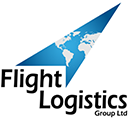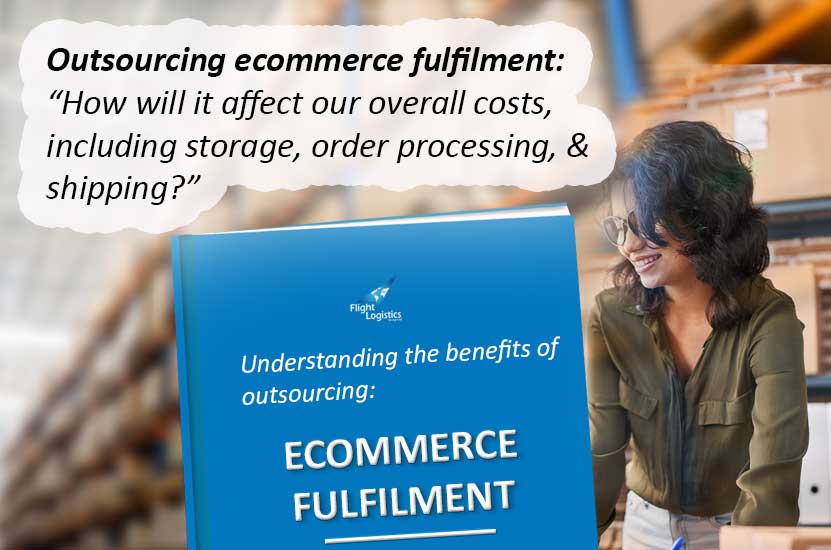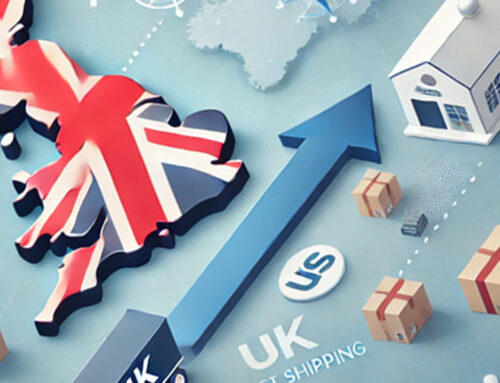Successful ecommerce businesses all have a common factor apart from desirable products, they all have effective fulfilment solutions in place. The trend towards outsourcing ecommerce fulfilment is growing, with many online stores in the UK recognising the advantages of partnering with third-party logistics (3PL) providers like Flight Logistics.
Outsourcing can in many cases be a cost-effective solution. This article will address key considerations to help businesses weigh the pros and cons of outsourcing.
What is ecommerce fulfilment?
Ecommerce fulfilment covers a large portion of the supply chain activity from stock auditing, storage, order receiving / picking / packing, shipping products to customers in the UK or internationally and managing returns.
Comparisons between outsourcing ecommerce fulfilment services and in-house fulfilment
Flight Logistics is a company that has supported clients with fulfilment services for over 30 years, we are well placed to provide clear guidance in this comparison.
When assessing costs, businesses should focus on the total cost of managing their own fulfilment, and the cost to the company of not focusing on their core activities.
Reduced capital investment:
- In-house fulfilment: Requires substantial upfront investment in storage and warehousing space, employment, and equipment. These are costs that are fixed.
- Outsourced fulfilment: Eliminates the need for these expenditures.
Technology and skill:
- In-house fulfilment: Requires investment in technology for inventory management, order processing, and tracking. It also necessitates specialised knowledge and training for staff to manage fulfilment services effectively.
- Outsourced fulfilment: Logistics companies have efficient Warehouse Management Systems in place supervised by well trained staff. This can lead to better efficiency and customer satisfaction without direct investment from the business.
Economies of scale:
- In-house fulfilment: Scaling can be challenging and expensive, requiring additional staff, more storage space, and increased overheads during busy periods. During quieter times, scaling down can mean unused storage space, and cutting back on staff.
- Outsourced fulfilment: Logistics companies can scale operations and the amount of space required for storage quickly and efficiently, accommodating peak periods like holidays or sales events without the need for substantial upfront investment from the retailer.
Shipping:
- In-house fulfilment: Even if an ecommerce business is large, its quantity of shipments typically won’t compare to that of a logistics company. This lower volume results in less leverage for negotiating bulk discounts.
- Outsourced fulfilment: Logistics companies manage high quantities of shipments, enabling them to negotiate lower shipping rates with carriers. These savings can then be passed on to businesses.
Extra or overlooked costs:
- In-house fulfilment: Costs that are often overlooked in calculations include equipment maintenance and updates, leasehold improvements, recruitment, training, and employee benefits.
- Outsourced fulfilment: These are incorporated in service fees.
Conclusion
Outsourcing ecommerce fulfilment services can be more cost-effective for online stores in the UK, particularly for mid-sized businesses or those experiencing rapid growth. Being able to adapt easily to scale, having access to advanced technology fit-for-purpose, taking advantage of lower shipping costs, and shifting from fixed to variable costs are all significant advantages. However, it is essential for each business to conduct a thorough cost-benefit analysis, to determine the best strategy for their specific situation.
About Flight Logistics
We offer over 30 years of experience in delivering comprehensive global distribution solutions and supply chain management. Solution include Ecommerce Fulfilment, Storage & Logistics, Courier Services, fragile and art handling (ShipArtTM), Mail & Fulfilment, Marketing Support, and Freight Services.
